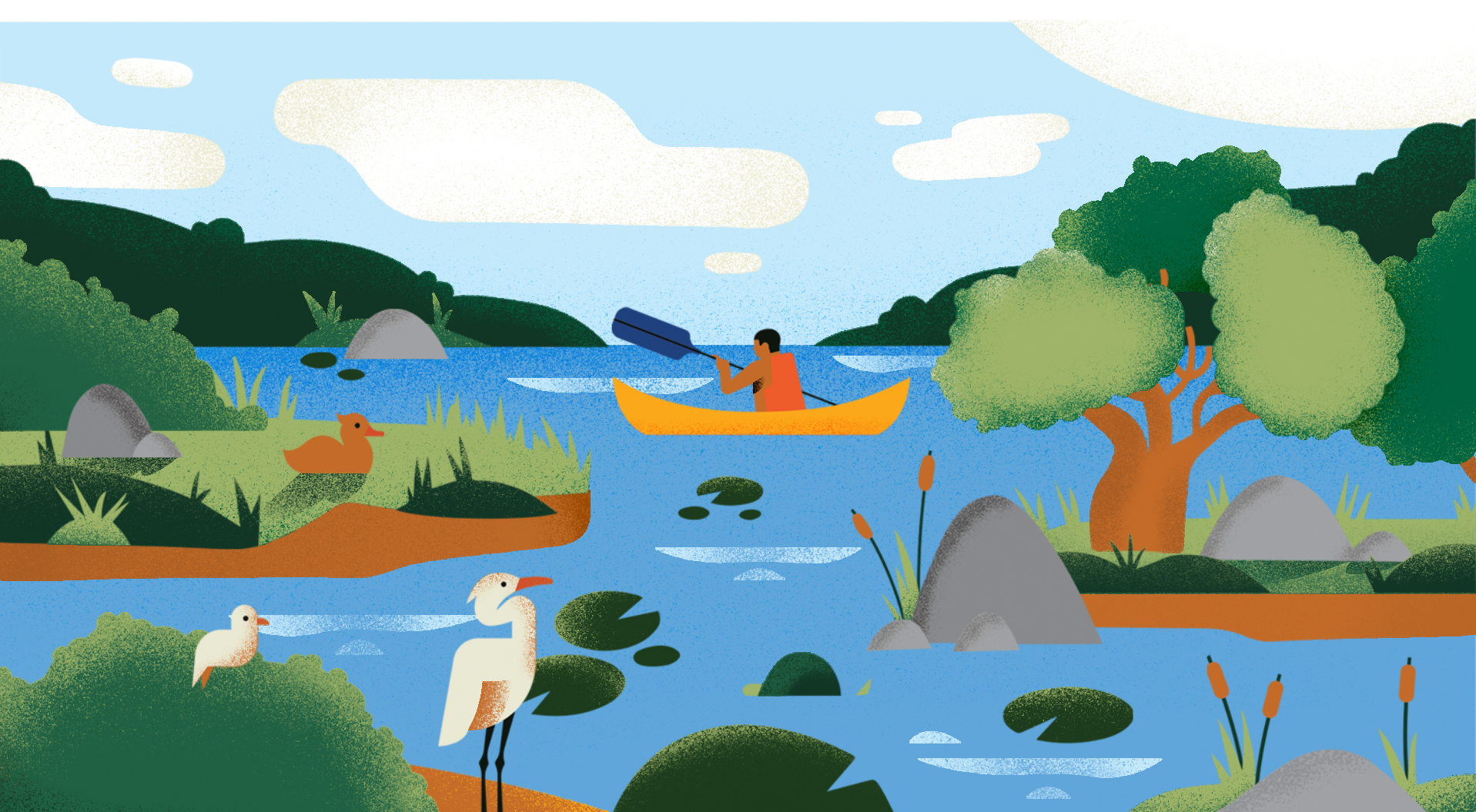The linear "take-make-dispose" model of consumption that has prevailed for decades is simply not sustainable in the long term. Take single-use plastics for example: we use raw materials to create a plastic fork, it's used for a matter of minutes, then it's thrown away and sent to our landfills.
With finite resources and mounting waste, we must transition towards a circular economy, where materials are kept in use for as long as possible, waste is minimized, and resources are regenerated. In this article, we'll explore the concept of a circular economy and reference some critical studies that highlight its importance.
The concept of a circular economy has gained traction in recent years, and for good reason. By prioritizing sustainability and minimizing waste, a circular economy offers numerous benefits to both businesses and society as a whole. One study by the Ellen MacArthur Foundation found that the global economy could save up to $4.5 trillion by transitioning to a circular model while also reducing greenhouse gas emissions and creating new jobs.
But what exactly is a circular economy?
At its core, a circular economy is an economic system that seeks to eliminate waste and keep resources in use for as long as possible. This is achieved through a combination of practices such as recycling, reusing, repairing, and refurbishing. A circular economy offers a more sustainable and resilient alternative to the linear model by creating closed-loop systems where waste is minimized, and resources are regenerated.
Why is a circular economy important?
Numerous studies have highlighted the importance of a circular economy. For example, a report by the European Environment Agency found that a circular economy could reduce greenhouse gas emissions in Europe by up to 70% by 2050 while also creating new jobs and reducing dependence on imports of raw materials. Another study by the World Economic Forum found that a circular economy could generate $4.5 trillion in economic benefits by 2030 while also reducing waste and pollution.
But it's not just about economic benefits. A circular economy also offers numerous social and environmental advantages. A circular economy can help protect the planet and safeguard our natural resources for future generations by minimizing waste and pollution. It can also create new opportunities for innovation and entrepreneurship as businesses seek new ways to reuse and recycle materials.
What will it take to create a more circular economy?
Of course, transitioning to a circular economy is no small task. It requires a fundamental shift in the way we produce and consume goods and services, and it will take the collective efforts of businesses, policymakers, and consumers to make it a reality. But the benefits are clear: a more sustainable, resilient, and prosperous future for all.
In conclusion, a circular economy is crucial for achieving long-term sustainability and minimizing waste. A circular economy can offer numerous economic, social, and environmental benefits by keeping resources in use for as long as possible. As we face mounting challenges such as climate change and resource scarcity, it's clear that a circular economy is not just a nice-to-have but a necessity.









